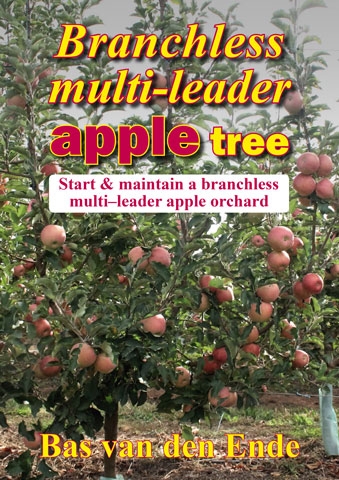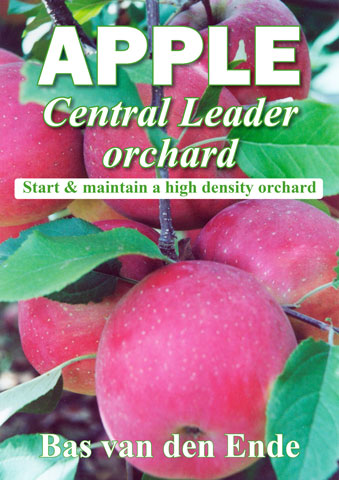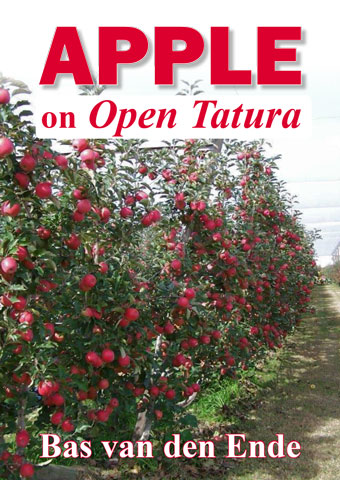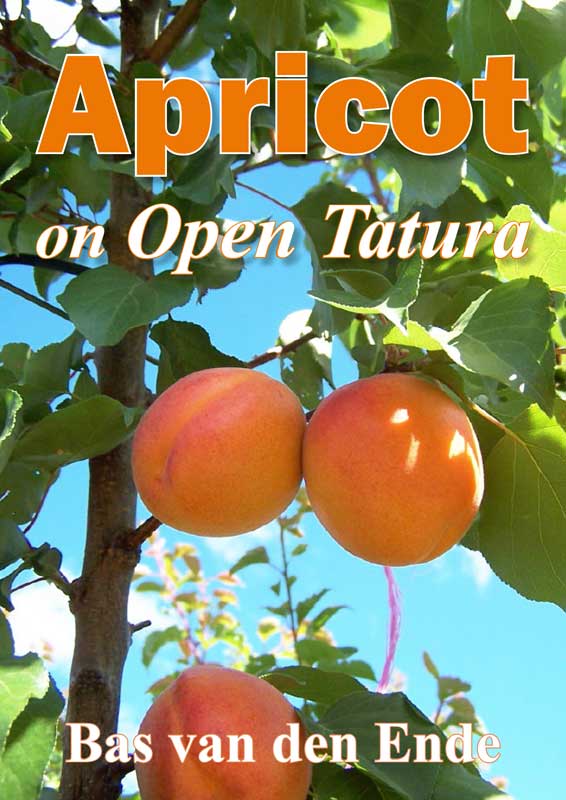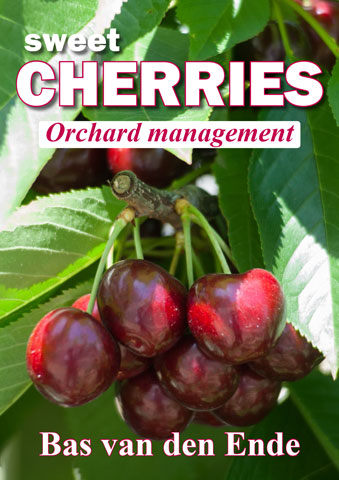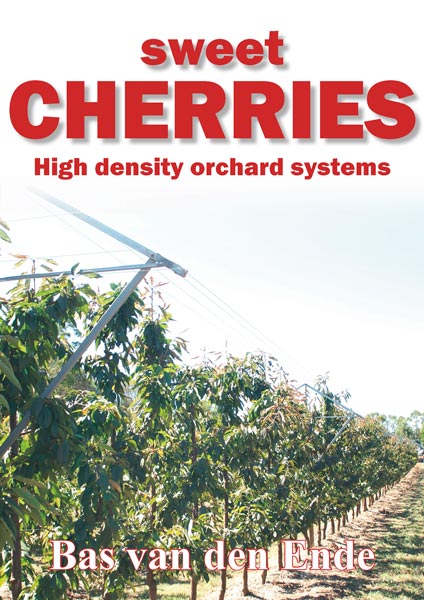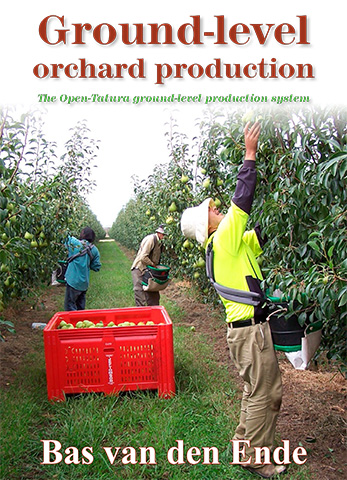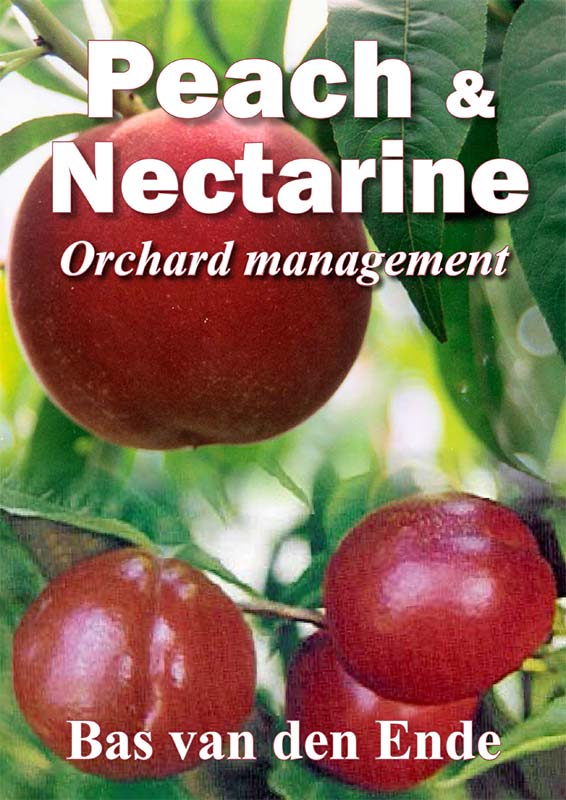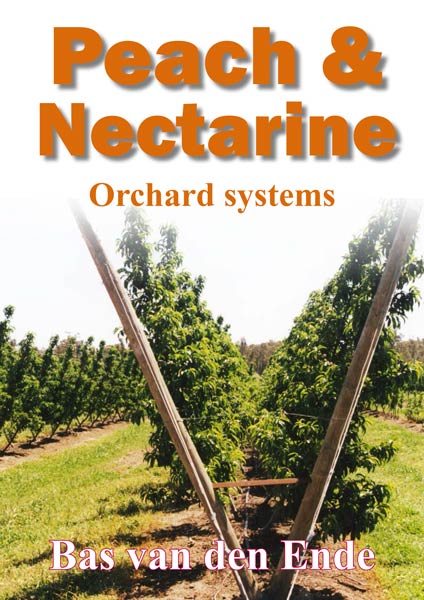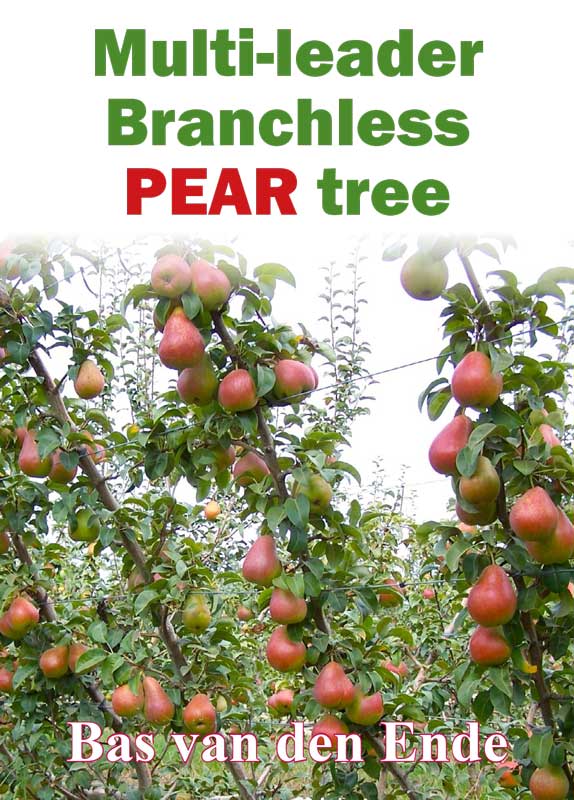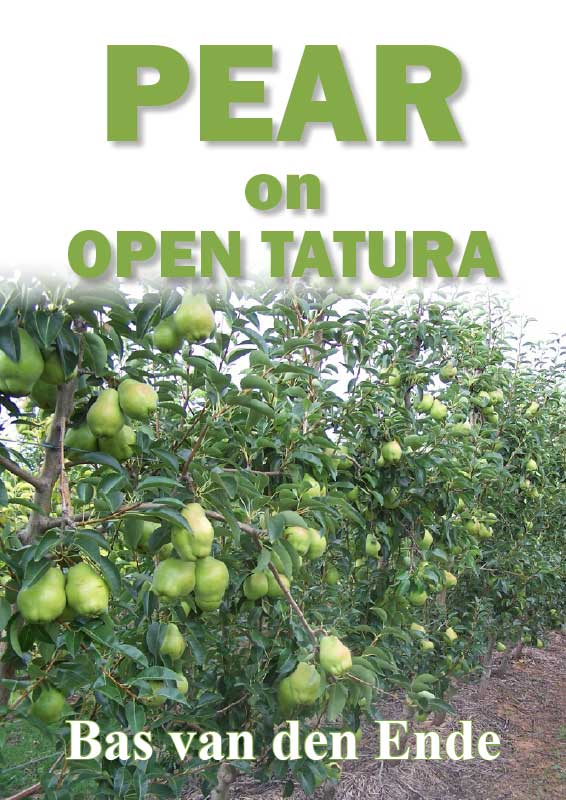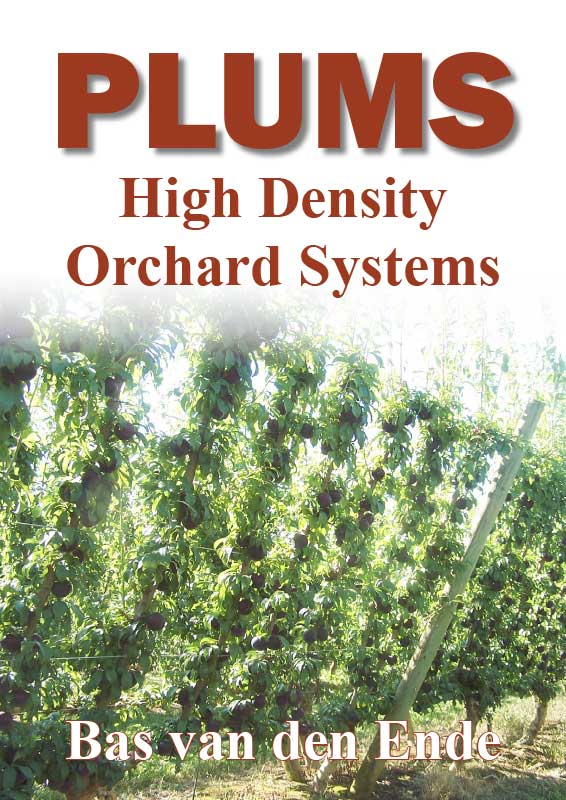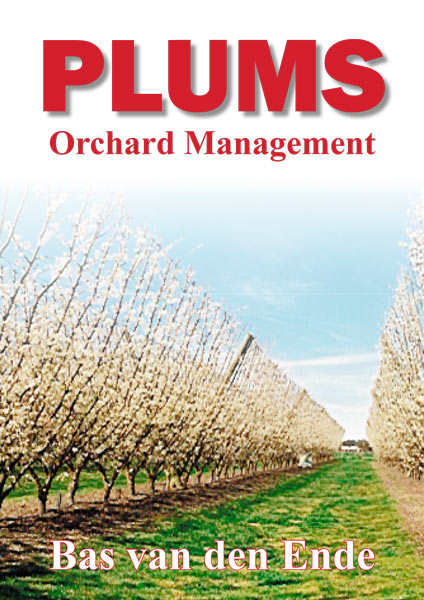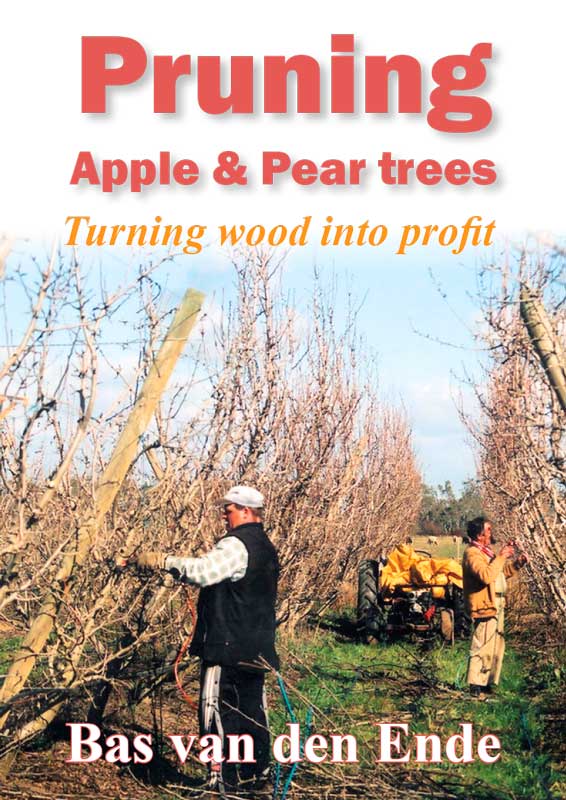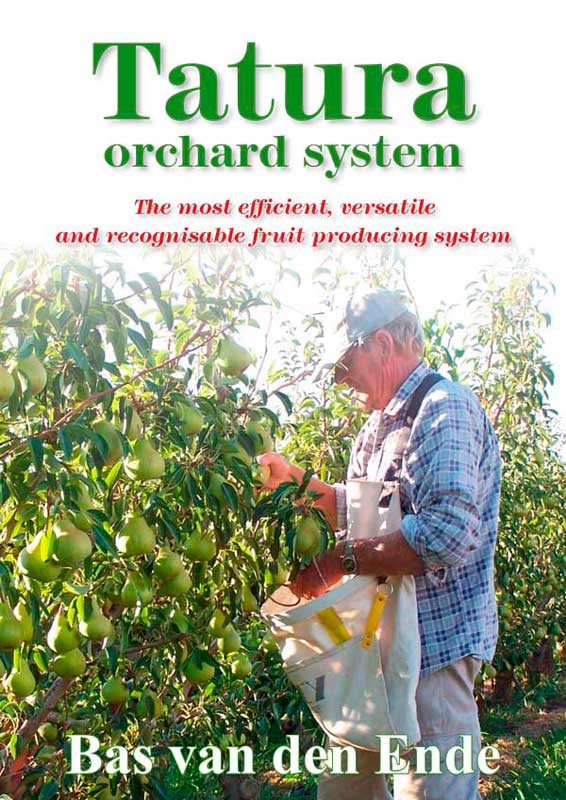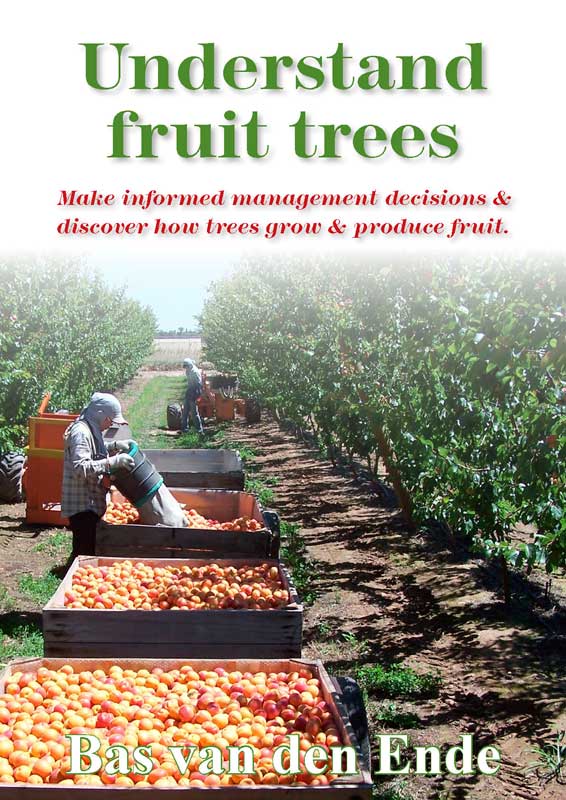Smartgreen Bioscience Pty Ltd has recently registered three new pheromone mating disruption products: PheroKlip CM, PheroKlip OFM and PheroKlip CM/OFM.
PheroKlip dispensers have the same active ingredient content, release rate and field life as the old competitive formulation but they have a different shape.
They are easy to apply in the field—about twice as fast as the old ‘pull apart’ tube dispensers.
They can be put high into trees from the ground using a simple pole applicator—faster and cheaper than using power ladders and no need for skilled labour.
PheroKlip CM for codling moth
We have registered and recommend that growers use PheroKlip CM at 1000 dispensers per hectare.
For codling moth, 1000 point sources per hectare are better than 500 doubles. Work by Larry Gut and coworkers at Michigan State University have proven this.
Although it is not our recommendation, it would make economic sense for growers who have had success with CTT at 500 per hectare to use PheroKlip CM at this rate.
The other thing the researchers have shown is that the amount of pheromone released from codling moth dispensers is well above what is needed for control of this pest. For codling moth, it is the point sources per hectare and not the amount released per day that dominates the efficacy of this product.
This product should be applied when Granny Smith reaches the pink stage. There is plenty of field life, so put it out early; never late.
Normal precautions apply: treat whole blocks (preferably large ones) and be aware of abandoned trees and orchards, and bulldozed trees that have not been burned before spring.
Moths have wings. Females that mate outside the treated area can fly into the treated area if it is the nearest attractive place to lay their eggs. This is not an issue if you attend to hygiene within your property. Take precautions if there are big pest populations beyond your boundary.
PheroKlip OFM for Oriental fruit moth
PheroKlip OFM matches the output and field life of the Shin Etsu OFM Flex and is used at the same rate of 500 per hectare.
Again, the advantage of PheroKlip OFM is that it is fast and easy to apply.
The release rates of pheromone in PheroKlip OFM and the old Shin Etsu product are about right—so growers should not be tempted to reduce the rate.
The issues of hygiene and immigration from outside apply equally for OFM.
This pest can build up in pears, plums, apricots and cherries and occasionally in apples. In China, its local name translates as ‘pear moth’.
It should be applied early: late August or the first week of September, depending on the warmth of the spring.
Peach trees are active but pears look dormant at this time. Despite this, large flights of OFM can be seen in traps in conventionally sprayed pears and not only next to peach blocks.
OFM infest pears left unharvested in autumn. In spring, OFM in pears lay eggs and larvae feed unseen within buds. These are hard to find as there are no wilting stems that are diagnostic in peaches.
PheroKlip CM/OFM—a product for the Goulburn Valley
The Goulburn Valley is where OFM and the codling moth occur together in pome fruit moving between peaches and pears.
PheroKlip CM/OFM matches the output and field life of the Shin Etsu C/OFM and is used at the same rate of 500 per hectare.
As with the Shin Etsu product, the codling moth component lasts all season.
The OFM component covers the first two generations but is then finished. This is generally enough to deal with OFM in pome fruit.
Marketing PheroKlip
Smartgreen Bioscience manufactures to order and supplies direct to fruit growers. Contact Stephen Sexton (see below).
Bee Klipp dispensers
Smartgreen Bioscience Pty Ltd manufactures the Bee Klipp dispenser. This releases a blend of floral volatiles that stimulate the bees interest.
Cloudy days that are a little cool for bee activity often occur during the flowering period of apples and pears. Poor pollination can result in a lower fruit set flower per cluster and a higher proportion of deformed fruit in pears.
Smartgreen Bioscience markets the Bee Klipp through Bugs for Bugs. Contact David Loxley 0459 974 960 email
Contact Stephen Sexton phone +86 139 5160 3338
Skype stephen.sexton50
www.smartgreenbio.com.au
See this article in Tree Fruit May 2018

